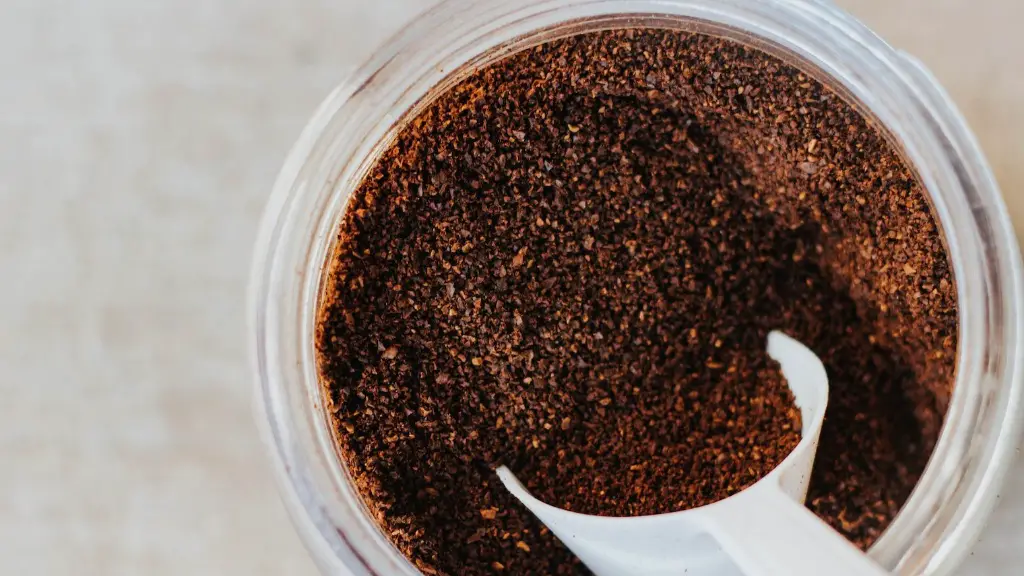Coffee is appreciated by millions of people every day. Widely consumed in many countries, it is thought to have originated in the Middle East and Ethiopia. Coffee beans contain numerous beneficial nutrients, many of which provide amazing health benefits. It boosts energy levels, reduces the risk of certain diseases, improves physical performance, and helps in weight loss.
Rich in antioxidants and packed with caffeine, coffee has long been praised for its many potential health benefits. Different research studies have shown that coffee lovers can have less risk of type II diabetes, Parkinson’s disease, and some types of cancer. It also helps in preventing heart diseases, stroke, neurological disorders and more.
According to a study conducted by the Harvard Medical School, high coffee consumption could reduce your risk of type II diabetes by up to 50%. Coffee is also known to improve physical performance, by improving muscle strength, providing energy, and boosting the metabolic rate. It helps to boost alertness and reduce fatigue, as well as improve reaction speeds and cognitive performance.
Coffee is also known to be good for weight loss. It increases the metabolic rate and boosts fat burning, which can help with weight loss. Additionally, the caffeine in the coffee suppresses appetite, making it easier to control weight. It also reduces hunger levels, thus helping maintain a healthy weight.
However, some recent studies suggest that too much coffee consumption may have adverse effects. It can cause insomnia, irritability, upset stomach, anxiety and faster heart rate. Too much caffeine can trigger existing heart conditions, such as arrhythmia and tachycardia. Experts also warn that coffee consumption should be limited in pregnant women and children, as they are more prone to the side-effects of the stimulant.
Overall, coffee is generally considered safe to drink in moderation. Health experts suggest that one should limit their daily consumption to no more than three to four cups a day. When consumed in moderation, it can provide one with some health benefits and reduce the risk of certain diseases. But it is also important to remember that everyone responds differently to coffee, so it is wise to consult your healthcare provider before consuming it.
Effects on Mental Health
Studies suggest that coffee has positive effects on mental health. A cup of coffee can ease stress and anxiety, improve mood and alertness, and make one feel more energised. It also helps improve concentration and focus for longer periods of time.
Coffee also contains magnesium and chromium, which help reduce stress and depression. Additionally, it can help prevent dementia and Alzheimer’s disease, especially among the elderly. The increased alertness and cognitive functions can help to delay the decline in cognitive skills.
Coffee can also bring down the risk of suicide. A study found that drinking two to four cups of coffee every day can reduce the risk of suicide by around 50%. This could be due to the mental boost that coffee provides and its effect on stress.
Caffeine Content
Coffee is the main source of caffeine for many people. Caffeine is a mild stimulant, which can improve physical and mental performance. It gives you a burst of energy and sharpens mental focus. However, too much caffeine can have negative side effects, such as insomnia, irritability, restlessness, anxiety and increased heart rate.
A cup of regular coffee generally contains 95-200 milligrams of caffeine, while espresso has around 30-50 milligrams of caffeine. Decaf coffee has only 2-5 milligrams of caffeine. So, if you are sensitive to the stimulant, opt for decaf coffee.
Using Coffee Alternatives
If you want to limit coffee consumption, there are many alternatives that you can try. Tea is brewed from plant leaves and can offer many of the same benefits as coffee, including boosting energy and improving focus. Green tea is rich in antioxidants, which can help fight free radicals and prevent diseases.
Herbal teas are also good alternatives, as they provide numerous health benefits. Tulsi, chamomile and ginger are some of the herbal teas that provide many health benefits. Additionally, you can also try yerba mate, guayusa, kombucha and matcha. All of these are healthy alternatives to coffee and provide various health benefits.
Coffee for Skin Care
Coffee can also be used for skin care. Coffee grounds are rich in antioxidants and have properties that can help to reduce inflammation and puffiness. They can also reduce redness and brighten the skin. Additionally, they are also exfoliating and can help remove dead skin cells and leave the skin feeling refreshed and smooth.
Coffee grounds can also help reduce cellulite. The caffeine in the coffee can improve circulation and reduce water retention. When massaged into the skin, it helps to penetrate the skin and target stubborn cellulite. Besides, coffee grounds can also be used as a facial scrub, which helps to remove dirt and dead skin cells.
Coffee Benefits for Hair
Coffee is not only beneficial for the skin but also for the hair. The antioxidants in coffee can help strengthen the hair and reduce premature greying. It also helps to stimulate hair growth and repair damaged hair.
Brewed coffee can also be used as a rinse after shampooing. It helps to restore volume and shine to the hair and add a healthy dark tint to the hair. Additionally, coffee can also help prevent dandruff and scalp irritation. Coffee is rich in Vitamin B, which can help to strengthen the hair roots.
Conclusion
There are numerous potential health benefits of coffee, ranging from improved physical performance to reduced risk of Type II diabetes. It not only boosts energy levels and improves mental health but also helps in skin and hair care. But one should remember to limit their daily consumption to no more than three to four cups a day.




